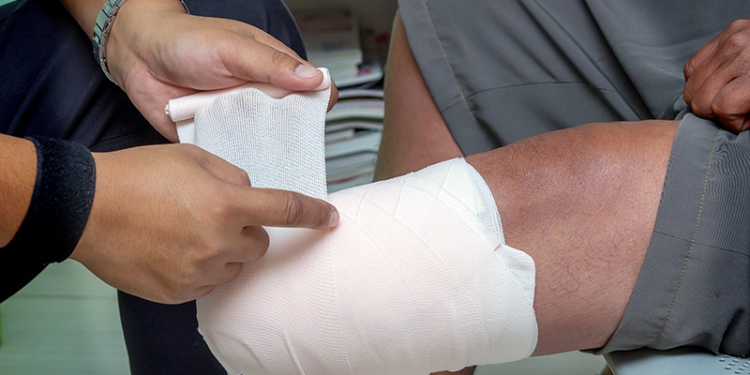Multiple Sclerosis International Federation (MSIF) has awarded its 2009 biennial Charcot Award for lifetime achievement in research into understanding or treatment of multiple sclerosis (MS) to John Prineas, PhD, MBBS, FRCP, professor of Neurology at the Institute of Clinical Neurosciences, University of Sydney, Australia.
Prineas was selected by an international panel of experts from MSIF’s international medical and scientific board, which is chaired by Alan Thompson, PhD.
“These are especially interesting times for the many investigators currently studying tissue changes in the brain and spinal cord in multiple sclerosis,” Prineas said. “Because of the multitude of new and unexpected findings that have been reported in recent years, we are now in the process of rewriting the basis of our understanding of the nature of tissue injury and repair in the disease. The MSIF Charcot Award for 2009 honors not only my contribution to a particular body of work, and for this I am most grateful, but also the efforts of colleagues with whom I have worked for many years, our patients, and the universities, MS societies, and other institutions that have supported this work.”
“The Charcot Award recognizes a lifetime contribution to the world of MS, and there could be no more deserving recipient,” Thompson asserted. “John Prineas has made a unique contribution to our understanding of the pathology of multiple sclerosis over a number of decades, collaborating with colleagues on a truly global scale.”
According to MSIF, Prineas’ research career has spanned more than 40 years, and his work on myelin destruction has been its central theme. He began his medical training at University of Sydney, then moved to London, England, in the mid-1960s to continue his advanced medical training and specialization in neurology. In 1967, he travelled to the United States, where he was mentored by Labe Scheinberg, PhD, a pioneer in the clinical care of MS, and in that year also received a postdoctoral fellowship from the National MS Society. In 1974, he was appointed professor at the Department of Neurosciences, University of Medicine and Dentistry, New Jersey Medical School, Newark.
Following a 25-year career in research, teaching, and clinical practice, Prineas returned to his native Australia, where he entered his current position at the University of Sydney. Since then, he has remained active in researching the pathology of early lesions in MS.
Alistair Compston, PhD, said, “The re-flowering of tissue-based accounts of multiple sclerosis was largely enabled by the efforts of a very few experimental neuropathologists, amongst whom John Prineas was a key figure.”
Bill Carroll, PhD, called him “both a treasured resource and an inspiration to all involved in the investigation of MS.”
The Charcot Award is named for Jean Martin Charcot, the Parisian who is considered by many to be the founder of modern neurology. In 1868, as professor of neurology at the University of Paris, France, he made the first diagnosis of multiple sclerosis, and his clinical-pathological definition is still used today.




